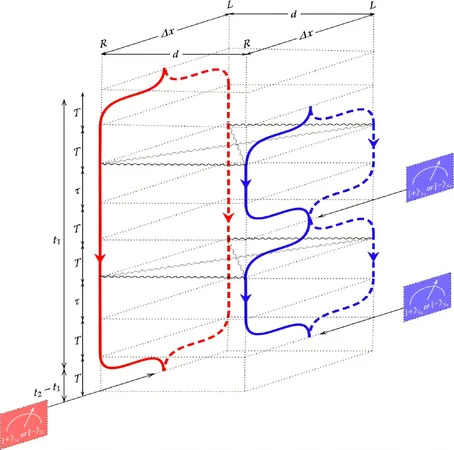
Revolutionary Experiment Aims to Unravel the Quantum Nature of Gravity
2024-11-14
Author: Benjamin
Groundbreaking Proposal
A groundbreaking proposal from a collaborative team of physicists could soon lead to a monumental discovery in the world of physics: whether gravity acts as a quantum entity upon measurement. This intriguing experiment, detailed in the prestigious journal *Physical Review Letters*, may pave the way for a grand unified theory of physics—one of the field's most ambitious goals.
The Enigma of Gravity
Over the past century, the understanding of the universe has advanced significantly, leading to major scientific theories. Among these, Einstein's theory of general relativity provides insight into the classical realm we experience daily, while quantum theory delves into the bizarre and counterintuitive world of subatomic particles. Yet, the enigma of gravity remains a sticking point for scientists, with unanswered questions about how it fits into the established frameworks of general relativity and quantum physics.
Proposed Experiment
The new proposed experiment revolves around a fascinating concept: a "table-top" experiment that could demonstrate if gravity changes when it is measured. If successful, the findings would offer compelling evidence for gravity's quantum behavior.
Methodology
At the heart of this experiment is a pair of minuscule diamond crystals. The first crystal will measure the gravitational force exerted by a second crystal placed in a superposition state—a fundamental concept in quantum mechanics where particles exist in multiple states simultaneously. Researchers will observe how the first crystal reacts when the gravitational influence of the second crystal is felt. The key question is whether this encounter alters the first crystal's state upon measurement. A confirmed change would suggest that gravity, indeed, possesses quantum attributes.
Implications
The implications of proving gravity's quantum nature could be transformative. It would help bridge the considerable gap between quantum mechanics and relativity, two pillars of modern physics that currently operate independently. Moreover, it could shed light on fundamental questions about the nature of the universe itself, including the mysteries surrounding black holes and the early moments of the Big Bang.
Technological Challenges
Advances in technology are critical to the experiment's realization, as the crystals must weigh approximately one million times less than a grain of sand, making them incredibly challenging to work with. However, researchers are optimistic that developments in nanotechnology and precision measurement tools will bring this cutting-edge experiment to fruition in the near future.
Conclusion
Stay tuned as this fascinating research unfolds, potentially rewriting our understanding of gravity—and with it, the very fabric of reality.
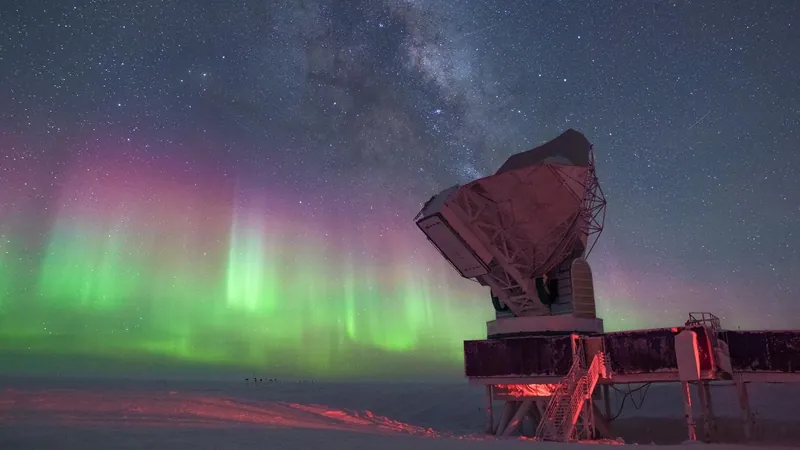


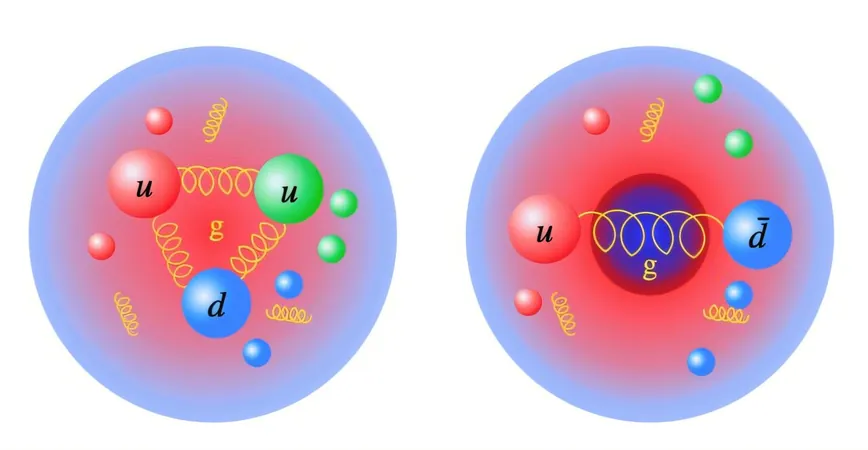


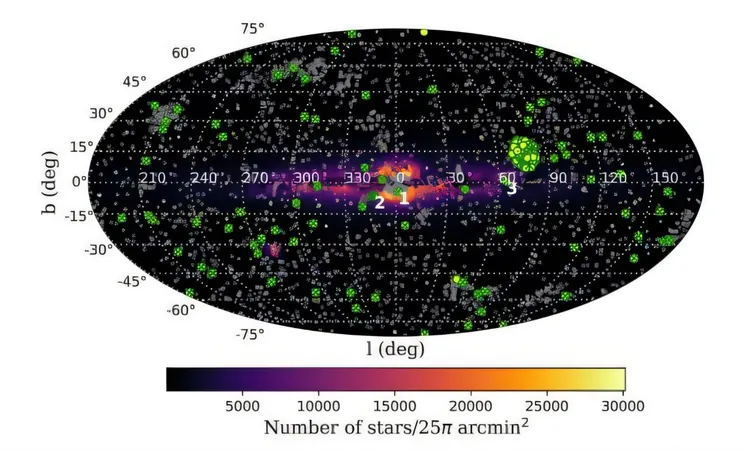

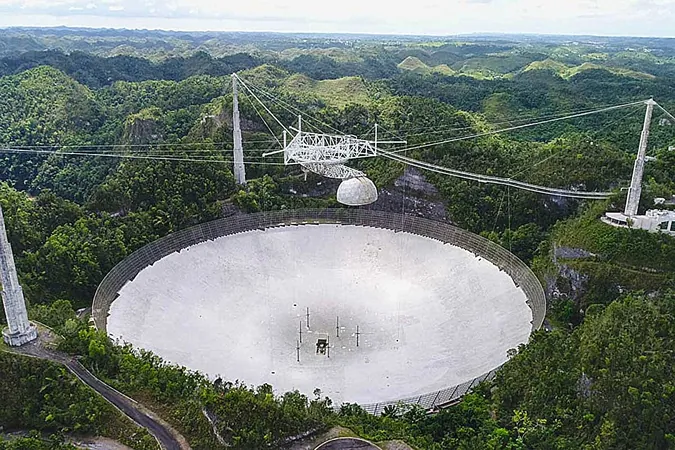
 Brasil (PT)
Brasil (PT)
 Canada (EN)
Canada (EN)
 Chile (ES)
Chile (ES)
 España (ES)
España (ES)
 France (FR)
France (FR)
 Hong Kong (EN)
Hong Kong (EN)
 Italia (IT)
Italia (IT)
 日本 (JA)
日本 (JA)
 Magyarország (HU)
Magyarország (HU)
 Norge (NO)
Norge (NO)
 Polska (PL)
Polska (PL)
 Schweiz (DE)
Schweiz (DE)
 Singapore (EN)
Singapore (EN)
 Sverige (SV)
Sverige (SV)
 Suomi (FI)
Suomi (FI)
 Türkiye (TR)
Türkiye (TR)